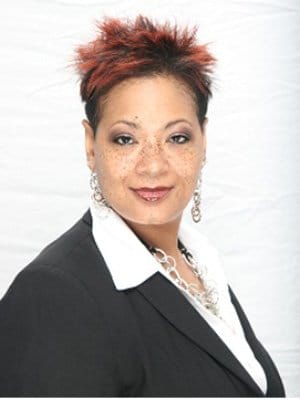
More Beauty Skin Care & Gorgeous Smiles Articles
About Scalp Problems
Scalp problems can be anything from an unexplained itch to severe and chronic scaling and flaking. Below is a very abridged list of possible scalp problems we can help with.
Dandruff
This common complaint is very annoying but very controllable. It is caused by a proliferation of a certain type of yeast on the scalp that is irritating the skin. The yeast causes the scalp to shed quicker than it should which causes the white flakes, which are annoying. Dandruff does not affect hair growth.
Treatment A simple medicated shampoo used daily should work. If it does not, you may be suffering from seborrhoeic dermatitis instead.
Seborrhoeic Dermatitis
Seborrheic dermatitis is a common condition that makes the skin look greasy, scaly and flaky. It usually affects the scalp. In adolescents and adults, seborrheic dermatitis is commonly mistaken for dandruff. In babies, it is known as cradle cap. Seborrheic dermatitis can also affect the skin on other parts of the body, such as the face and chest.
The condition seems to be related to a yeast proliferation on the scalp/skin called Malassezia furfur. Malassezia furfur is a type of yeast (fungal infection) that that can be found growing on the skin of most adults. The yeast is perfectly harmless but occasionally morphs into a more invasive strain which can release chemicals that can then go on to change the pigmentation of the skin producing a harmless discolored rash on the body.
Treatment The main treatment for this condition is a coal tar shampoo. Used daily it will keep the yeast level down and allow the skin to heal. If the shampoo alone doesn't help, your doctor might want you to use a prescription steroid lotion once or twice daily, in addition to the shampoo. Cradle cap in babies is treated with products that are not as strong as those used in adults. You might start with a watered down version of your normal medicated shampoo (a small drop in a large cup of water). Brushing your baby's scalp with a soft brush, like a toothbrush, can help loosen scales or flakes. But be gentle when massaging or brushing your baby's scalp; a break in the skin makes it vulnerable to infection.
Other Articles You May Find of Interest...
- Longevity Supplements: Improving Medical Practitioner Care & Functional Medicine in 2024
- Rejuvenate Your Skin: How Cutting-Edge Science Transforms Personalized Skincare
- Five Options for an Improved Neck Contour
- Can You Benefit From Braces?
- Exploring the Safety and Effectiveness of CoolSculpting Treatments
- How to Prepare for Your Visit to the Dermatologist
- What’s the Right Age To Have Cosmetic Surgery?

















